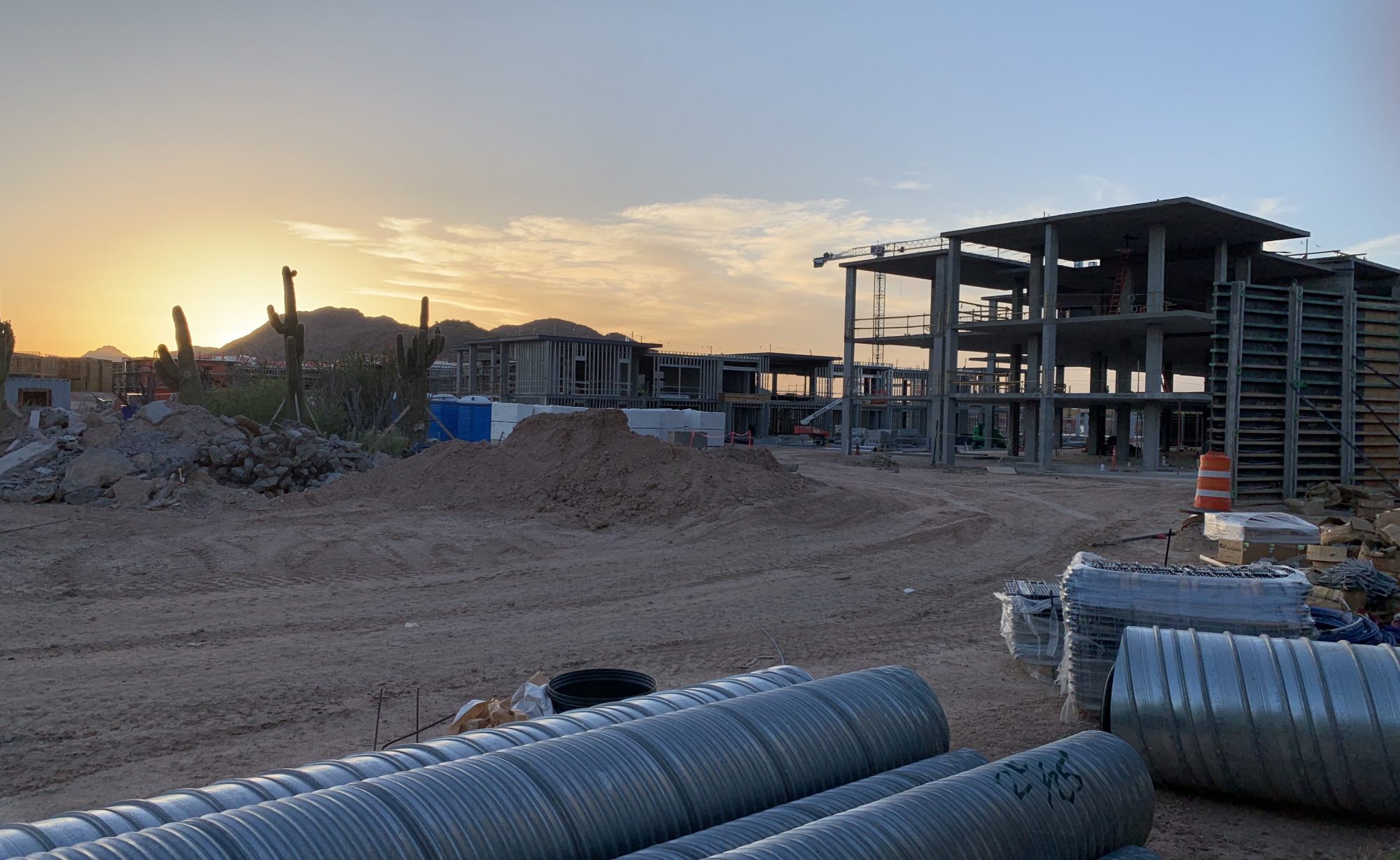 In Ramona Equipment Rental, Inc. v. Carolina Casualty Ins. Co., et al., Case No. 12-55156 (June 20, 2014), the United States Court of Appeals for the Ninth Circuit recently addressed for the first time the issue of when a 90-day Miller Act notice needs to be served for materials and/or equipment furnished on an open book account. Consistent with decisions from the First, Fourth, and Fifth Circuits, the Ninth Circuit held “that if all the goods in a series of deliveries by a supplier on an open book account are used on the same government project, the ninety-day notice is timely as to all deliveries if it is given within ninety days from the last delivery.”
In Ramona Equipment Rental, Inc. v. Carolina Casualty Ins. Co., et al., Case No. 12-55156 (June 20, 2014), the United States Court of Appeals for the Ninth Circuit recently addressed for the first time the issue of when a 90-day Miller Act notice needs to be served for materials and/or equipment furnished on an open book account. Consistent with decisions from the First, Fourth, and Fifth Circuits, the Ninth Circuit held “that if all the goods in a series of deliveries by a supplier on an open book account are used on the same government project, the ninety-day notice is timely as to all deliveries if it is given within ninety days from the last delivery.”
Change in ROC Complaint Process Leads to Fewer Contractor Citations
In September 2013, the Director of the Arizona Registrar of Contractors, William A. Mundell, announced significant changes to the agency’s complaint process. One such change was that the ROC, rather than the complainants, would decide whether citations would issue. In other words, the ROC now decides whether the evidence provided by complainants and gathered by investigators warrants a citation, instead of simply allowing complainants to request one.
According to Mundell, this change was necessary because citations were issued in response to 36% of the complaints filed in Arizona in the 10 years before the change. By contrast, contractor licensing agencies in other states issue citations in response to only about 5% of complaints.
The Minimum Elements of an Arizona Construction Contract
 Should the construction contract you are about to enter contain an indemnification provision? What about “no-damage-for-delay” or differing site condition clauses? Or how about a waiver of consequential damages? The inclusion and scope of these types of provisions (and countless others) in any particular construction contract are things you should discuss with your attorney. Whether they are necessary or should be agreed to may vary depending on the type of project and the parties involved. There are, however, certain minimum elements that must be in every Arizona construction contract.
Should the construction contract you are about to enter contain an indemnification provision? What about “no-damage-for-delay” or differing site condition clauses? Or how about a waiver of consequential damages? The inclusion and scope of these types of provisions (and countless others) in any particular construction contract are things you should discuss with your attorney. Whether they are necessary or should be agreed to may vary depending on the type of project and the parties involved. There are, however, certain minimum elements that must be in every Arizona construction contract.
Contractors as Employers: Restrictive Covenants in Employment Agreements
With the constant emergence of new technologies/business practices and an increasingly mobile workforce, some companies in the construction industry rely on restrictive covenants in employment agreements to safeguard their competitive advantages. The term “restrictive covenants” typically encompasses contractual provisions that: (1) require information to be kept confidential; (2) limit competition; and (3) limit the solicitation of customers. The Arizona Court of Appeals recently addressed how far companies can go in restricting the competitive activities of former employees in Orca v. Noder. For an explanation of the Orca decision, please read this article that I co-authored with my colleague, Bill Klain.
Contractors Score Victory In Lien Priority Disputes
***UPDATE***
The Court of Appeals’ opinion in Weitz Co., LLC v. Heth, 314 P.3d 569, 674 Ariz. Adv. Rep. 29 (App. 2013), which is the subject of this post from January 8, 2014, was vacated by the Arizona Supreme Court on August 26, 2014. As such, the case below is no longer good law. I will be drafting a post on the Supreme Court’s opinion in the near future.
As experienced contractors and material suppliers know, actions to foreclose upon mechanic’s liens can involve lien priority disputes with lenders. Contractors and suppliers recently scored a significant victory in connection with these disputes in Weitz Co., LLC v. Heth, 314 P.3d 569, 674 Ariz. Adv. Rep. 29 (App. 2013) which struck down the doctrine of equitable subrogation in the context of mechanic’s liens. Simply put, equitable subrogation “enables a later-filed lienholder to leap-frog over an intervening lienholder.” It had previously been used in Arizona to allow subsequent lenders who supplied funds to pay off a primary lien to jump intervening mechanic’s liens and be substituted into the position of the primary lienholder.
